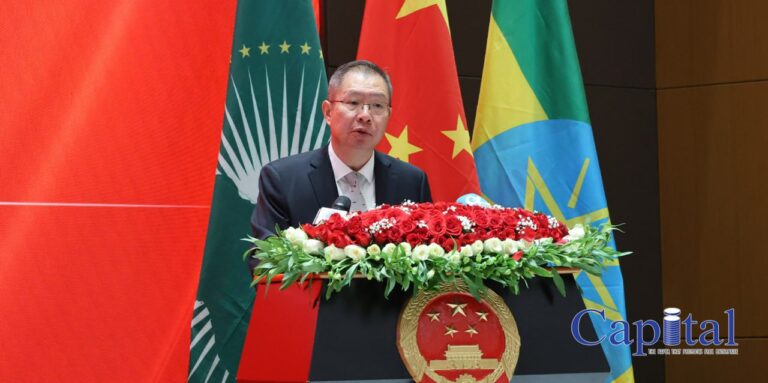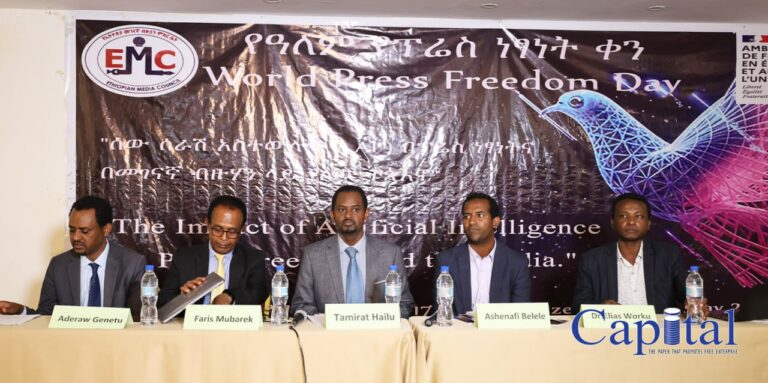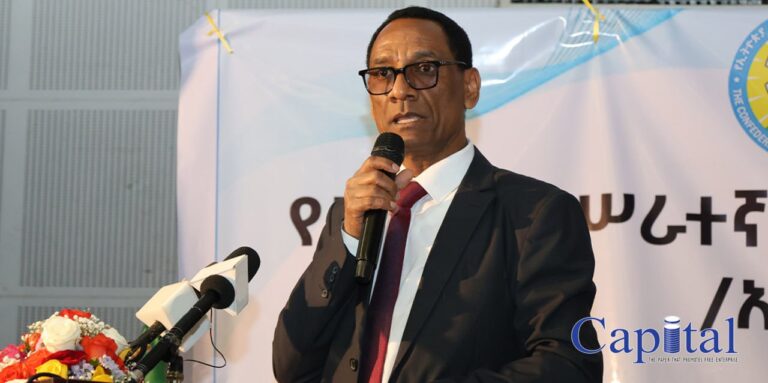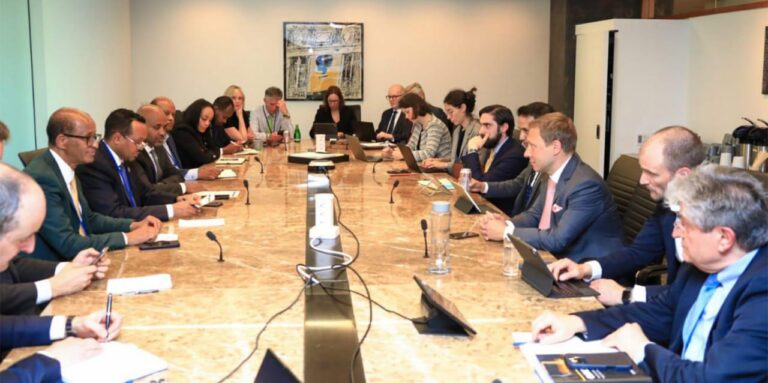China has officially launched the China Chamber of Commerce to Africa (CCCA) in Addis Ababa, marking a significant step in deepening Sino-African economic ties and highlighting a stark contrast to the United States’ increasing reliance on tariffs in global trade policy.
The inauguration ceremony, held on April 28, brought together high-level officials, business leaders, and diplomats from across Africa and China. The event underscored China’s commitment to fostering economic partnership with Africa based on principles of coordination, open markets, and free trade.
Hu Changchun, Head of the Chinese Mission to the African Union, emphasized that the CCCA will serve as a vital bridge between Chinese and African markets, facilitating dialogue, investment, and shared prosperity. “The founding of the chamber will create better synergies for China-Africa economic cooperation, and enable our friendship to grow even stronger,” Hu said, highlighting the chamber’s mission to mobilize resources and build an ecosystem for common prosperity.
The CCCA launches with 15 founding members representing key sectors such as agriculture, construction, manufacturing, telecommunications, energy, and healthcare, with plans to expand membership across both traditional and emerging industries.
Speakers at the event drew attention to the differences between China’s approach to Africa and the current U.S. stance on trade. Moussa Mohamed Omar, Deputy Chief of Staff of the African Union Commission, praised China’s consistent support for free trade and bilateral cooperation, contrasting it with what he described as the U.S.’s “misuse of tariffs” and protectionist measures. China’s recent move to exempt imports from 33 least-developed African countries from tariffs was highlighted as a concrete example of its commitment to open markets and mutual benefit.

Chinese companies have played a significant role in Africa’s development over the past decade, constructing approximately 100,000 kilometers of roads, 10,000 kilometers of railways, and 1,000 bridges, while generating over one million jobs across the continent. These infrastructure projects have improved logistics, strengthened regional value chains, and raised living standards in numerous African countries.
Wu Jiuyi, Secretary-General of the CCCA and Deputy General Manager of China Civil Engineering Construction Corporation’s Ethiopian branch, reiterated the chamber’s vision to foster partnership and promote shared prosperity. “Today’s Africa is a land of boundless opportunities, and China stands as its most steadfast partner,” Wu said, inviting more Chinese enterprises to join the chamber and work with African partners to “write a new chapter in China-Africa friendship”.
The CCCA has pledged to conduct in-depth market research and provide tailored support to its members on regulatory issues, taxation, labor policies, and real-time market data. With strong backing from both Chinese and African stakeholders, the chamber is poised to play a pivotal role in shaping the future of Sino-African economic relations.







